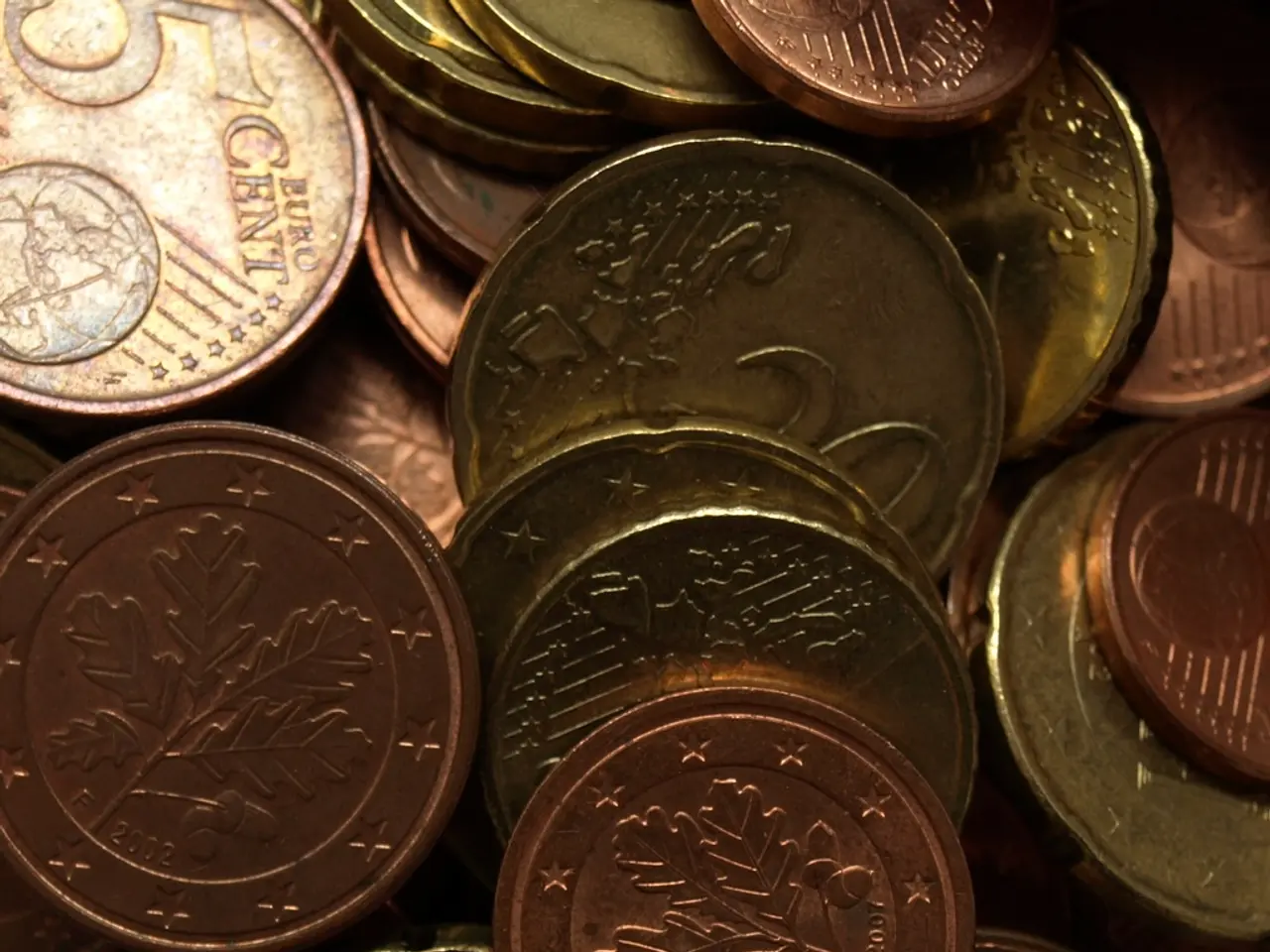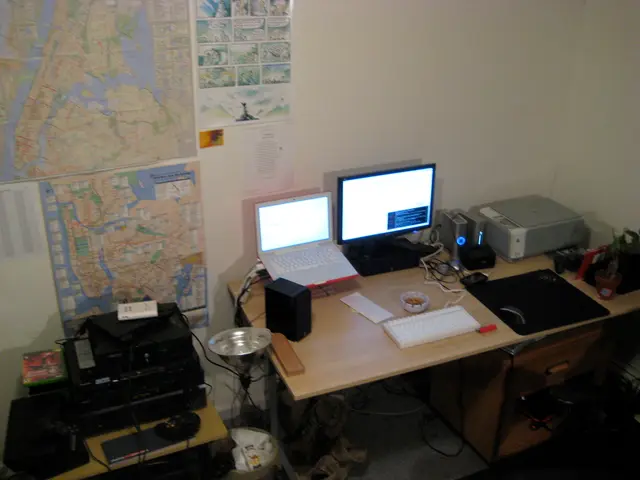Monero Experiences a Dip Amid 51% Attack Concerns: A Look at the Predicted Future for XMR
In the world of cryptocurrencies, a significant event has been unfolding around Monero (XMR). Qubic, a blockchain project, has claimed majority control over Monero's hashrate, sparking concerns and debate within the cryptocurrency community.
Current Status
Qubic's control over Monero's hashrate could potentially allow it to reorganize the blockchain, censor transactions, or conduct double-spend attacks. However, some analysts argue that Qubic's peak contribution may not have reached a true majority. The Qubic mining pool has successfully reorganized six blocks on the Monero network, demonstrating its capability to influence the network.
Impact
The incident has led to a significant decline in Monero's price, with XMR experiencing a drop of over 25% in recent weeks. Conversely, Qubic's price surged due to the perceived success of its strategy. The event has raised questions about the resilience and decentralization of Monero's network, highlighting the potential vulnerabilities of proof-of-work blockchains to centralized control.
Community Response
Proposals like "detective mining" have been discussed to counter selfish mining strategies without requiring a hard fork, aiming to bolster Monero's security against future attacks. Kraken, a major cryptocurrency exchange, temporarily suspended Monero deposits due to concerns about network integrity, though trading and withdrawals remain open.
Future Plans
Qubic's community has voted to target Dogecoin next, indicating a broader strategy beyond Monero.
Market Implications
For swing traders, key levels to watch include immediate support at $240, strong support at $220-225, immediate resistance at $270, and strong resistance at $290-300. The decline in XMR's price has extended its weekly losses to over 25%. Currently, XMR is trading at $251.35. The surge in trading volume on XMR is due to investors rushing for the exits.
The cryptocurrency community remains divided on whether Qubic's actions constitute a genuine attack or an elaborate demonstration. Regardless, the situation has brought attention to the risks associated with centralized mining power in cryptocurrency networks and the need for robust security measures to prevent such attacks.
[1] Monero Consensus Status dashboard shows Monero experienced 60 orphaned blocks in the last 720 blocks, indicating significant blockchain instability. [2] The surge in trading volume on XMR is due to investors rushing for the exits. [3] The price of Monero (XMR) has dropped 24.84% in the last month. [4] Monero is currently the third-worst performer among the top 100 cryptocurrencies by market cap. [5] The Average Directional Index (ADX) for Monero is at 29, suggesting that the current downward momentum has some power behind it and is likely to continue. The Relative Strength Index (RSI) for Monero stands at a concerning 25 points, placing XMR firmly in oversold territory. [Note: The views and opinions expressed in this article are for informational purposes only and do not constitute financial, investment, or other advice.] [6] Qubic aims to create a deflationary model for its own coin by converting mined XMR into USDT stablecoins to buy and burn QUBIC tokens.
- Qubic, a blockchain project, controlling a significant portion of Monero's hashrate, has led to discussions about potential manipulation, such as reorganizing the blockchain, censoring transactions, or conducting double-spend attacks.
- Some analysts question whether Qubic's control has truly reached a majority, but the Qubic mining pool has successfully reorganized six blocks on Monero's network, showing its capability to influence the network.
- The incident has resulted in a substantial drop in Monero's price, with XMR experiencing a decline of over 25% in recent weeks, while Qubic's price surged due to the perceived success of its strategy.
- The event has raised concerns about the resilience and decentralization of Monero's network and has highlighted potential vulnerabilities of proof-of-work blockchains to centralized control.
- Some within the Monero community have proposed "detective mining" as a countermeasure against selfish mining strategies, aiming to strengthen Monero's security against future attacks.
- Kraken, a significant cryptocurrency exchange, temporarily suspended Monero deposits due to concerns about network integrity, while trading and withdrawals remain open.
- Qubic's community has indicated a broader strategy beyond Monero, voting to target Dogecoin next, bringing attention to the risks associated with centralized mining power in cryptocurrency networks and the need for strong security measures to prevent such attacks.




